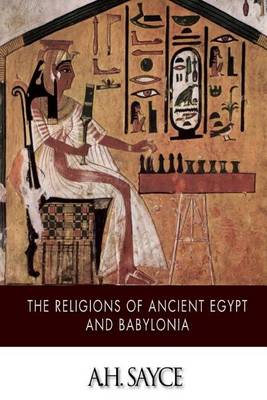Cambridge Library Collection - Religion
1 total work
Archibald Henry Sayce (1845-1933) became interested in Middle Eastern languages and scripts while still a teenager. Old Persian and Akkadian cuneiform had recently been deciphered, and popular enthusiasm for these discoveries was running high when Sayce began his academic career at Oxford in 1869. In this 1902 work, originally given as the Gifford lectures at the University of Aberdeen, Sayce uses his theological as well as his philological knowledge and experience to consider the concept of the divine in ancient Egypt and Babylonia. He describes the deities of each civilisation, and from what is known of religious practice he attempts to deduce what each may have believed about the divine and about the place of man in the god-created order of the universe. He also emphasises the difficulty of using material remains as evidence for beliefs, and the problem of interpreting religious texts in languages which were then still not well understood.
